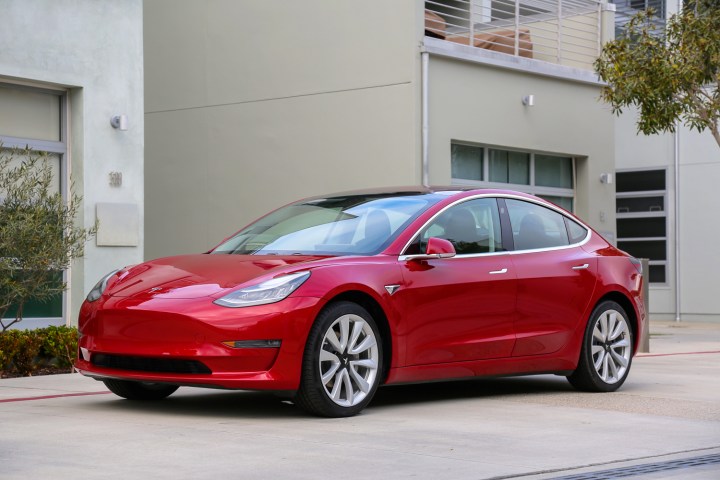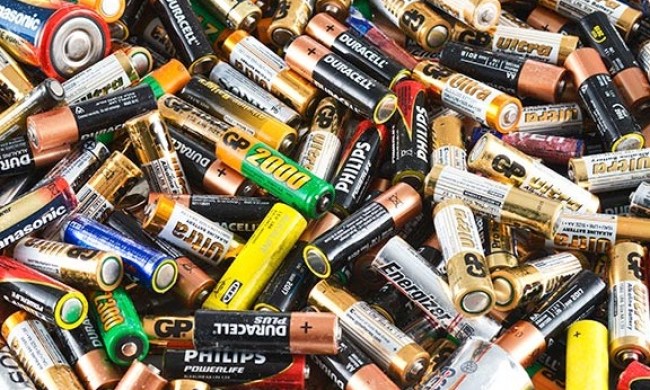
Finally, some good news for Tesla. After facing difficulties keeping up with demand for the Model 3, a recall of 123,000 units of the Model S, and a self-driving tragedy, Elon Musk’s company needed something of a boost. It may have just gotten it in the form of new data from a group of Tesla owners on the Dutch-Belgium Tesla Forum. These folks have found that Tesla’s batteries display less than 10 percent degradation of their energy capacity after 160,000 miles. That means, by extension, that their cars could also last longer than previously believed.
Battery degradation is obviously a major cause for concern among electric car owners. After all, if your battery pack holds less and less energy as it ages, you’re able to travel fewer and fewer miles between charges. But the Dutch-Belgium Tesla Forum has been doing some data gathering on its own, surveying some 350 Tesla vehicles from around the world, and determining how well their batteries last.
As per the group’s data, for the first 50,000 miles driven by a Tesla, most battery packs lose around 5 percent of their capacity. However, after that initial 50,000 miles, battery degradation actually takes place at a slower rate. In fact, as Electrek notes, “after the 50,000-mile mark, the capacity levels off and it looks like it could be difficult to make a pack degrade by another 5 percent.”
For vehicles already surveyed, it would appear that the average battery pack is able to withstand around 186,000 miles before beginning to reach the 90-percent capacity mark.
Of course, as with any set of test data, there are a number of outliers both on the positive and negative end, but the group is hoping to identify what might be causing these deviations. For example, faster degradation may be attributed to frequency of DC fast-charging and daily state of charge, although for the time being, it’s unclear that those aspects necessarily affect the batteries.
If you are, however, looking to extend the lifetime of your battery, you may consider the advice of Jeff Dahn, a battery researcher and the leader of Tesla’s research partnership with Dalhousie University. He told Electrek that he would recommend only charging a Tesla to 70 percent on a daily basis in order to extend battery life.
For folks who purchased a Model 3, Tesla is offering a 70-percent battery capacity retention guarantee. But folks with the Model S and Model X have no such offer. “The battery, like all lithium-ion batteries, will experience gradual energy or power loss with time and use. Loss of Battery energy or power over time or due to or resulting from Battery usage, is NOT covered under this Battery Limited Warranty,” Tesla notes. “See your owner documentation for important information on how to maximize the life and capacity of the battery.”


